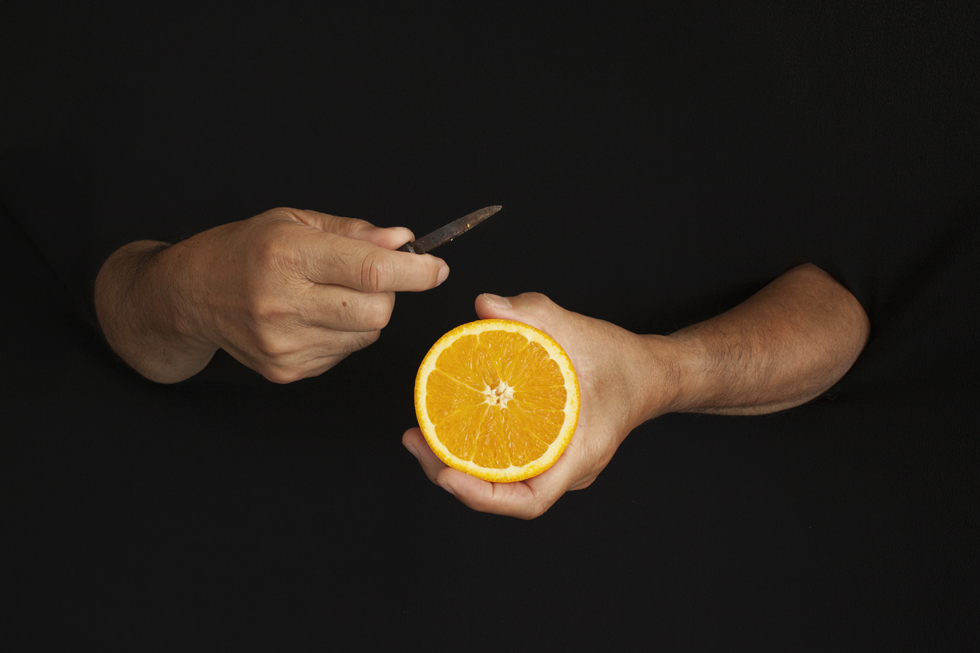Kim Hak's Alive book is launched, works acquired by Auckland Museum
15 December 2020
“Kim Hak’s images reflect the end of an era but they also tell how this history is kept alive by fragments. The work of Kim Hak is not only about scars but also about hope, above anything else, memory means life.”
— Rithy Panh

Rei Foundation is pleased to announce the launch of Alive, Cambodian artist and photographer Kim Hak’s book of works created in Auckland, and the acquisition of the photographic body of work (of the same name) by Auckland War Memorial Museum Tāmaki Paenga Hira. An event to celebrate the book’s launch and Auckland Museum’s purchase was held on 21 November 2020 with Auckland’s Cambodian community and collaborators on Hak’s project.
In 2018-19, Rei Foundation partnered with Kim Hak to produce a photographic project in collaboration with 12 Cambodian families who survived the Khmer Rouge and refugee camps, and now live in Aotearoa. This is the third chapter of Hak’s ongoing project; the first was based in Cambodia and the second with a diaspora community in Australia.
In 2018-19, Rei Foundation partnered with Kim Hak to produce a photographic project in collaboration with 12 Cambodian families who survived the Khmer Rouge and refugee camps, and now live in Aotearoa. This is the third chapter of Hak’s ongoing project; the first was based in Cambodia and the second with a diaspora community in Australia.
Over the course of two visits to Aotearoa from his home in Battambang, Cambodia, Hak spent time with the families, interviewing them about their experiences and photographing personal objects that held meaning as a part of their journey. The images were exhibited alongside the personal items they depicted at Objectspace gallery. A rich public programme took place throughout the exhibition, giving participants and their families a chance to share their memories, and offering the wider public an opportunity to gain a deeper understanding of the experiences of the many Cambodian New Zealanders who survived the Khmer Rouge and refugee camps and then resettled in Aotearoa.
“My skills were outdated, as were my pocket knife and handmade lighter, which were no longer useful for daily life. But I kept them, as they reminded me of my struggling life through hell and survival”
— Dr Man Hau Liev
Alive, the book, features a foreword by Rei Foundation Founder and Executive Director Reiko Fukutake and an introduction by internationally renowned Cambodian filmmaker Rithy Panh. A conversation between Hak and Objectspace’s Zoe Black illuminates Hak’s motivations and the way he developed meaningful relationships with each of the participants. Alongside each photograph is the story behind it in the words of the object’s owner. Two Cambodian New Zealanders, Niborom Young and Man Hau Liev, provided essays.
Man Hau Liev, also a participant in Hak’s project, wrote in his essay,
“I asked myself how a stranger like me could thrive in Aotearoa / New Zealand. My skills were outdated, as were my pocket knife and handmade lighter, which were no longer useful for daily life. But I kept them, as they reminded me of my struggling life through hell and survival.”
“I asked myself how a stranger like me could thrive in Aotearoa / New Zealand. My skills were outdated, as were my pocket knife and handmade lighter, which were no longer useful for daily life. But I kept them, as they reminded me of my struggling life through hell and survival.”

A small knife and orange. Man Hau Liev first obtained this small knife when he was about 11 years old. Photograph by Kim Hak.
The body of photographs in the Alive project have been purchased by Auckland Museum for their permanent collection. Shaun Higgins, curator, pictorial at Auckland Museum, said, “We are delighted to add Kim Hak’s photography to the museum collections. As Auckland’s museum it is a privilege to represent our Cambodian community and to welcome these tāonga into Tāmaki Paenga Hira. They carry with them the story of survival and arrival to these shores.”
Hak noted that the purchase was an excellent outcome for the community, and is glad that people will continue to be able to view the work. Higgins agreed, saying, “Current and future generations of descendants will be able to see the incredible journey depicted in these photographs are preserved alongside other collections of photography relating to the people of Tāmaki Makaurau Auckland.”
“I am completely happy to have the book finally completed and launched. It was nice to hear that it has been so well received. In this digital age, with so many images online, it is valuable to have the book exist as a physical object. People can hold the book, turn the pages, smell the paper.”
— Kim Hak
The launch event on November 21, 2020 was attended by the Cambodian community, Rei Foundation and Objectspace whānau, the book’s designer, Janson Chau of Alt Group and others involved in the project. Due to Covid-19, Kim Hak’s plan to be at the launch in person was not able to be realised. However, the artist joined the party via a video greeting and a Zoom call from Phnom Penh on the night.
Alive by Kim Hak is available from Objectspace in Auckland, Bophana Audiovisual Resource Center in Phnom Penh, or by emailing [email protected], priced at NZD$30.
Return to Journal



